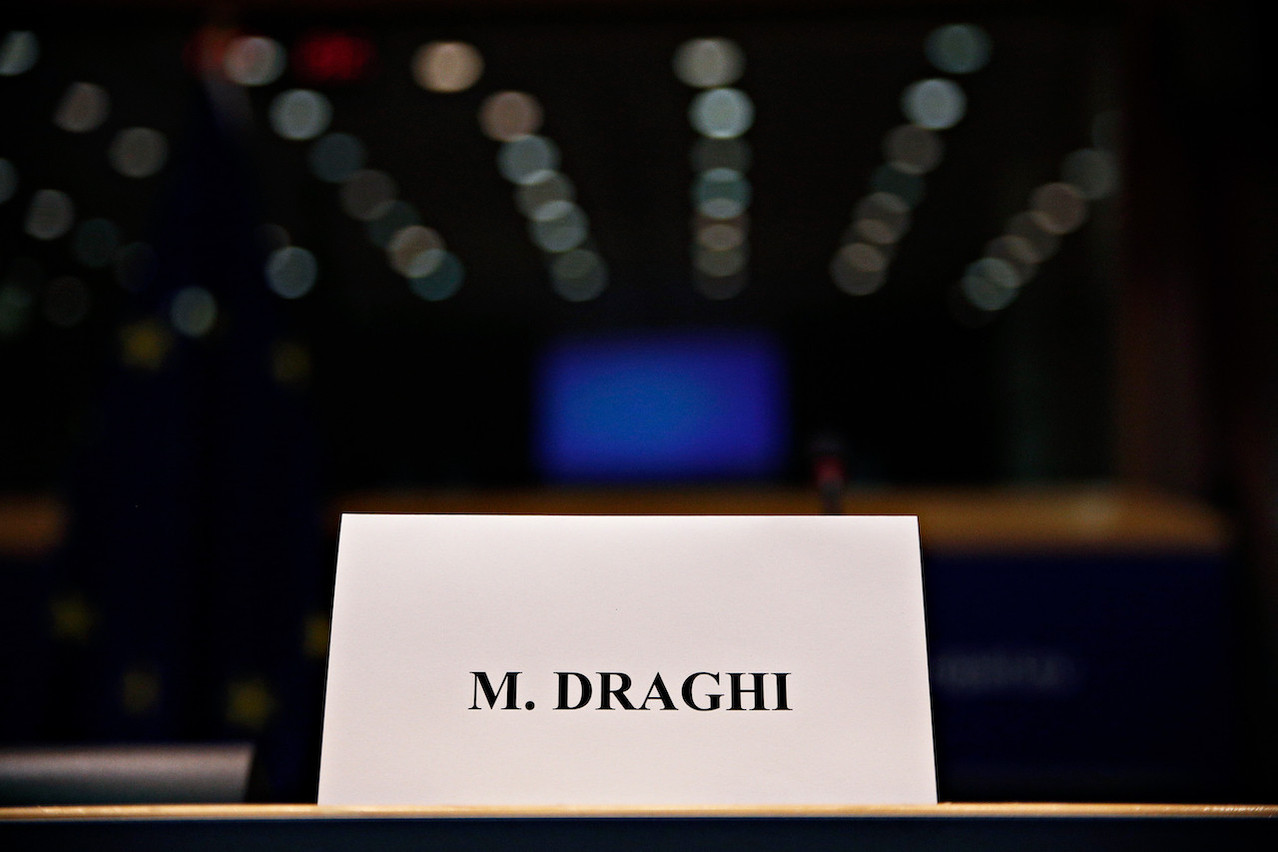The European Union’s ability to take advantage of crises to strengthen itself is what sets it apart in the world of international organisations. We saw this once again with Russia’s full-scale invasion of Ukraine which--contrary to Vladimir Putin’s analysis--strengthened the political cohesion of the EU27, accelerated its energy transition and encouraged it to enter the largely unexploited field of defence. Faced with the “existential” challenge, in Mario Draghi’s words, of “falling behind the United States and China economically and the threats to its security,” there are avenues for institutional reform that seemed blocked until now. Some are even revolutionary, not to say taboo, and go to the heart of how the EU works.
Generalising qualified majority voting
While the Draghi report stresses the need for the EU to rise to the challenges of competitiveness or to compete with Europe’s main global rivals, it also highlights a system of governance that is “complex and can undermine the effectiveness of our collective action compared to that of the United States or China” and a union that produces “an excessive regulatory and administrative burden.”
Draghi wants to refocus the EU’s work. In other words, “doing fewer things but better at EU level, giving priority to policies and acts where EU action brings the greatest added value, while ensuring full implementation and application at all levels of government.” It also advocates speeding up EU integration and simplifying regulations.
To achieve this, two reforms are needed. The first is the generalisation of qualified majority voting as a key principle for establishing common rules, which will require a change to the treaties. A change that is far from certain.
Draghi also wants a new coordination framework for competitiveness, which will replace the EU’s various non-budgetary coordination tools, and a European Commission vice-president in charge of administrative simplification, whose mission will be to test all existing European laws and regulations at the start of each commission term, with the aim of “making European and national regulation a single, coherent corpus representing a competitive force for our union.” We shall soon see--on 17 September, according to the latest timetable for president Ursula von der Leyen’s presentation of the new commission--whether such a post is created.
Less financial regulation and more private pensions
Another series of measures is likely to provoke a strong reaction from both political and financial circles.
It is clear that the financial system cannot meet the investment needs set out in the Draghi report.
€800bn need to be mobilised between 2025 and 2030. This includes €300bn for the development of green energies, €150bn for sustainable transport infrastructure, €150bn to become a leader in digital technologies, €50bn for defence and €100bn to 150bn to boost productivity through disruptive innovation.
The report points to three major flaws in the financial system: an overdependence on banks; banks that are themselves overly constrained by prudential regulations; and the lack of development of financing through financial products such as equities and bonds.
Read also
With the idea of channelling household savings--a nest egg of €1.39trn--into productive investment, Draghi is calling for increased flows into the capital markets by encouraging people to join private pension schemes; for a loosening of the regulatory stranglehold on securitisation, and more generally on the banking market; and for the introduction of the regular and substantial issue by the EU of a secure and liquid common asset to enable joint investment projects between member states and contribute to the integration of capital markets.
As for the EU budget--judged to be “less effective than it could be in directly financing public investment and in mobilising private investment through risk-sharing”--the Draghi report recommends focusing funding on strategic priorities, simplifying the administrative burden, improving the leverage effect of the EU budget and the EU’s overall financial architecture to support investment.
A pro-industry competition policy
The Draghi report also calls for an overhaul of European competition policy. The commission’s emblematic competition policy is considered to have been overtaken by the economic context, and is preventing the emergence of European champions with the critical mass to face up to competition from American and Chinese companies. The idea is that the competition authorities should include the impact on innovation potential in their review of any merger. As far as state aid is concerned, he wants the aims of European industrial policies to be taken into account.
A vast programme. The choice of competition commissioner will be decisive.
This article was originally published in .
